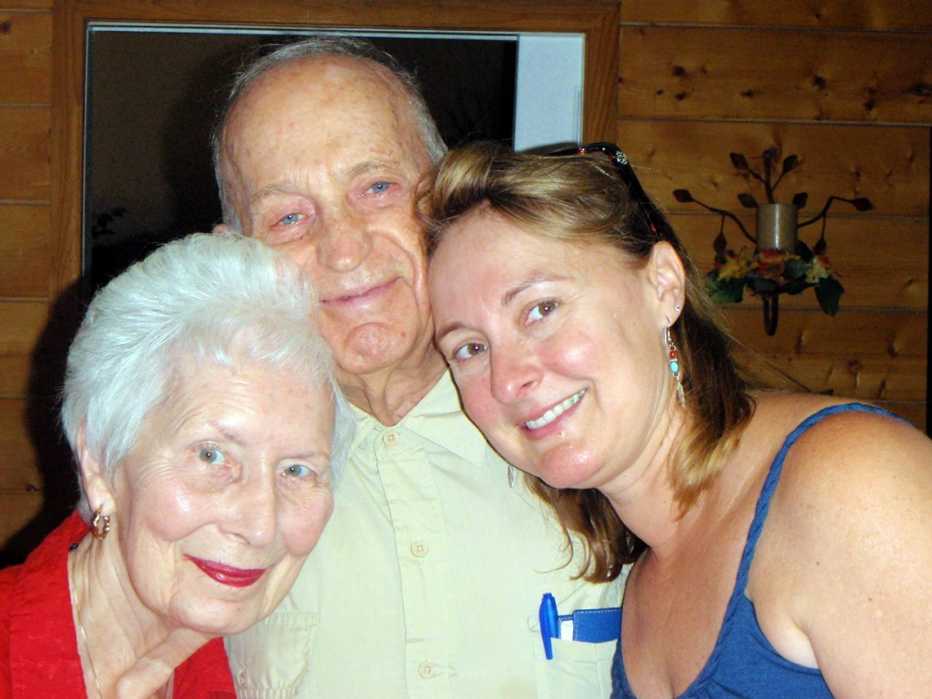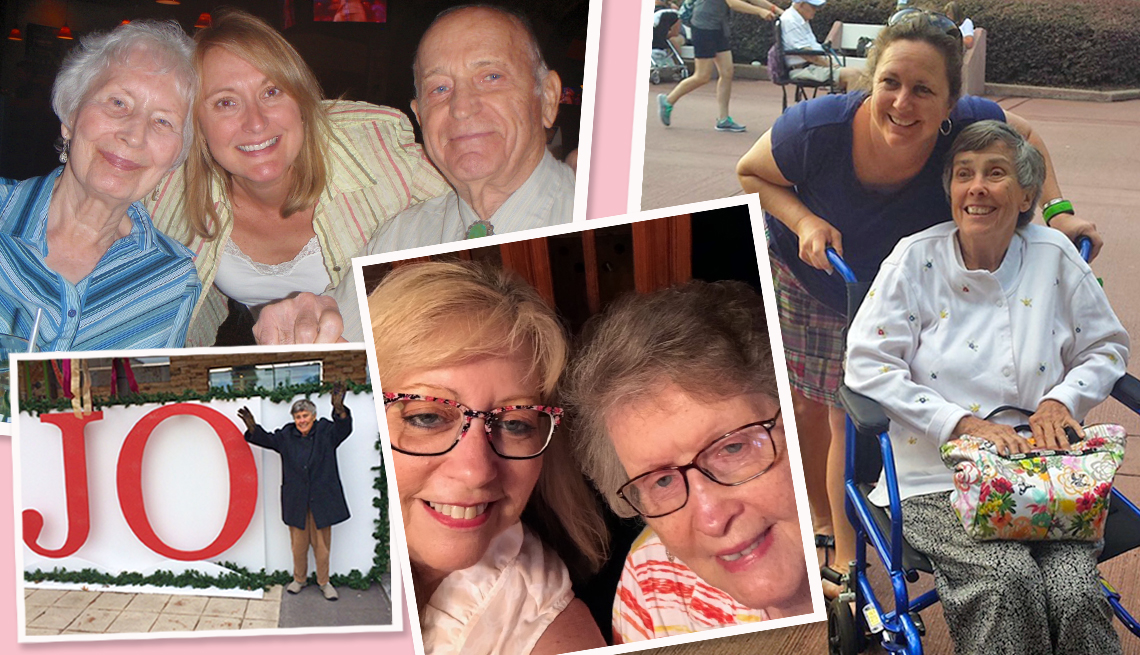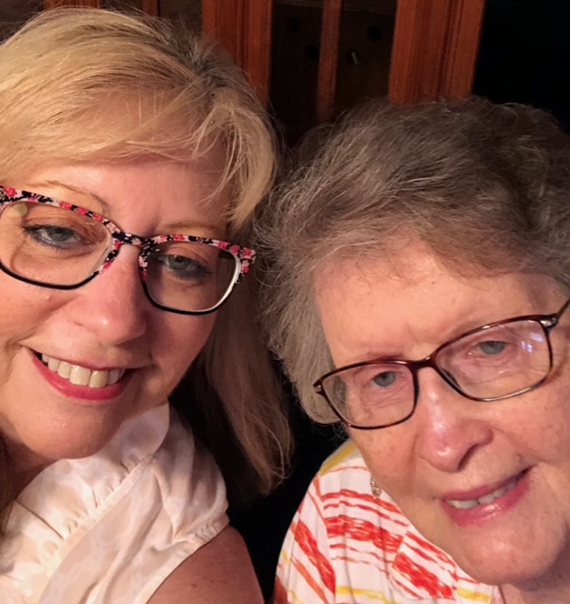Staying Fit
The moment in time when our parents lose their independence is the beginning of an intimate and very personal journey for every family. I recently wrote about some of the important considerations when looking at long-term care facilities for a parent. Another option, one that used to be a way of life in America, is the multigenerational home. And of course, living with your elderly parents is a decision that comes with certain considerations and many incredible gifts.
My maternal grandmother was a colorful and larger-than-life personality. As a concert pianist, she had a big presence that didn’t necessarily mesh with my father’s personality. Even as a child, I understood that my dad enjoyed my grandmother’s company — in small doses. When her health began to fail after my grandfather’s death, the option of living with us was never discussed. The layout and size of our home and the demands that would have been made on my mother were not an option. She moved to a senior care facility as her Parkinson’s worsened, and my mother devoted part of each week to her many needs. Without that regular contact, however, she was no longer a presence in my life.


AARP Membership— $12 for your first year when you sign up for Automatic Renewal
Get instant access to members-only products and hundreds of discounts, a free second membership, and a subscription to AARP the Magazine.
Living with and caring for a parent on a daily basis is one of the most intimate and exceptional acts of devotion on the part of an adult child. I’ve experienced this gift during summers when my mother has come to live with us for six-week stretches, becoming part of life’s daily fabric and watching the rhythms of her grandchildren as they grew. I’ll always cherish that time.
Separate but together
Carolyn Cross Daley, 54, of Slingerlands, New York, moved her mother, Elayne Cross, into her home when she was 75. The Daleys built an addition on their home while she was able and independent that had its own entrance, an internal door connecting her to the rest of the house and its own small kitchen and laundry. This arrangement worked well for everyone and allowed her to retain her independence while still being part of the larger family. “Living in the same home meant that she could be present for so many things — especially the everyday, informal moments — and then retreat to her quarters,” Daley recalls.


At the age of 84, her mother experienced seizures from a reaction to medication, which left her with cognitive impairment and declining health. For the next nine years, until she passed at the age of 93 — right before the COVID-19 pandemic in 2020, Daley, her husband, Shawn, and their three children provided a scaffolding to help her with daily living. “The last three years became much more intense as her dementia progressed,” says Daley. “We never needed to bring in medical aides, but there were times we needed to hire people for companionship during the workday.” Daley describes this labor of love as a commitment that comes with both great sacrifices and rewards. “Gone was our ability to be spontaneous with travel, and our social life took a tremendous hit,” she explains. Daley also continued working at a job that was less pay than others she could have gotten, but it came with flexible hours that made it easier to care for her mother.
“Despite all of that,” she says, “the reward of providing love and support to an elderly parent outweighed any sacrifice. Our three children grew up with their grandmother in their everyday life, attending dinners and athletic events and participating in hobbies and interests. They were witnesses to and an integral part of unconditional love in action.”





































































